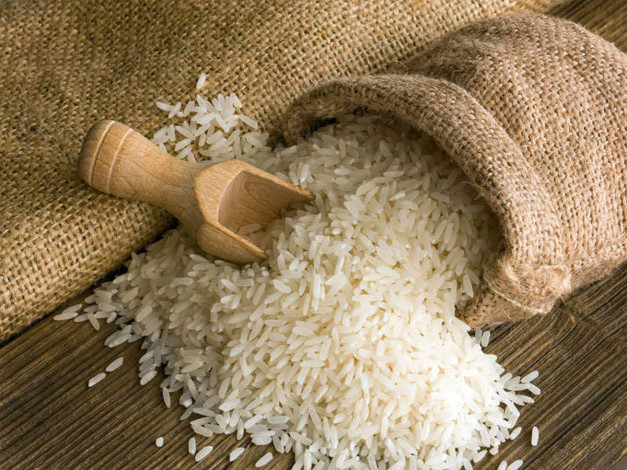
Amid growing demand for rice supply by foreign countries, the central government on Wednesday acknowledged that several African countries have requested India to supply non-Basmati rice, including broken and parboiled rice. However, it did not share any specific action plan to facilitate rice supply from Indian states like Punjab and Telangana that are producing record levels of rice in other countries witnessing demand for non-Basmati rice.
In response to a question raised by the BRS MPs in the Lok Sabha, Union Minister of State for Commerce and Industry Anupriya Patel said the total non-basmati rice exported during April-October 2022 was 10.21 Million Metric Tonnes (MMT). However, she stated that the export of non-basmati rice has registered a decline after the prohibition on broken rice and imposition of an export duty of 20 per cent on other non-basmati rice except parboiled rice on September 8 of 2022.
India has recorded rice exports of about 35.49 MMT of non-basmati rice including 16.73 MMT of parboiled rice which is worth 12.97 billion US dollars between 2019-20 and 2021-22. Currently, India has a total stock of 23.92 lakh tonnes of parboiled rice.
It may be recalled that the BJP-led union government has been refusing to procure parboiled rice from Telangana for three consecutive seasons since Yasangi (Rabi) of 2020. Though the State government informed the Centre about the demand for rice in the international market and explore export options considering the rising rice stocks in Telangana, Union Food Minister Piyush Goyal suggested the Ministers customize the people of Telangana to eat broken rice which created an uproar.
Anupriya Patel, in her reply, did not give any categorical assurance to facilitate rice exports but stated that an Inter-Ministerial Committee (IMC) constituted by the Centre will consider various factors like domestic prices, production, available stocks, production estimates, forecast etc., of essential agricultural commodities, before taking measures for the export of prohibited items including rice to support the needs of neighbouring and vulnerable countries for their food security.
Source:
Online/KSU
Comment Now